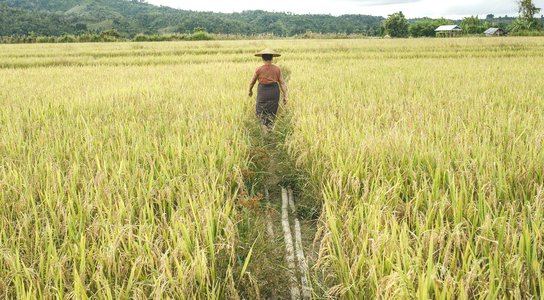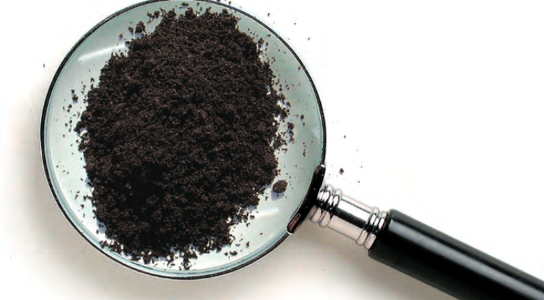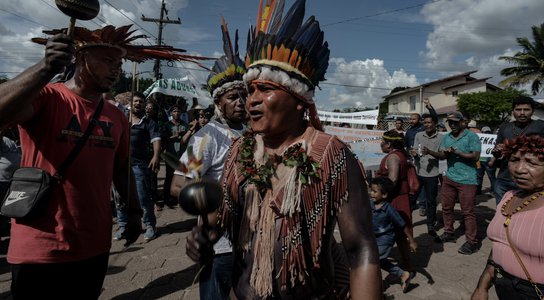A surge in land grabbing over the past decade has seen millions of people displaced from their homes and farmland, often violently, and pushed deeper into poverty. As demand for food, fuel and commodities increases pressure on land, companies are all too often striking deals with corrupt state officials without the consent of the people who live on it. Until now, there has been little analysis of the role that corruption plays in the transfer of land and natural resources from local communities to political and business elites.
This report helps plug that gap. Tainted Lands: Corruption in Large-Scale Land Deals, authored by Global Witness, Professor Olivier De Schutter, the former UN Special Rapporteur on the right to food, and the International Corporate Accountability Roundtable (ICAR), takes the most comprehensive look to date at how corruption is fuelling the global land grabbing crisis.
Corruption enables land grabbing in a number of ways. It can be simply transactional – when state officials accept bribes from a company to gain access to land, for example. It can also be institutionalised – when decision-making in state bodies such as the police, judiciary, or executive is skewed so that business or political elites can ignore national laws to seize land without facing the consequences.
The report makes clear that any efforts to end land grabbing must also tackle corruption, as the two tend to co-exist and are mutually reinforcing. Ensuring that land deals are transparent, corruption-free, and protect the rights of local communities is not only in the interest of those communities. It would also benefit companies and investors since becoming embroiled in a corrupt land deal poses major reputational, financial, and legal risks.
This report helps plug that gap. Tainted Lands: Corruption in Large-Scale Land Deals, authored by Global Witness, Professor Olivier De Schutter, the former UN Special Rapporteur on the right to food, and the International Corporate Accountability Roundtable (ICAR), takes the most comprehensive look to date at how corruption is fuelling the global land grabbing crisis.
Corruption enables land grabbing in a number of ways. It can be simply transactional – when state officials accept bribes from a company to gain access to land, for example. It can also be institutionalised – when decision-making in state bodies such as the police, judiciary, or executive is skewed so that business or political elites can ignore national laws to seize land without facing the consequences.
The report makes clear that any efforts to end land grabbing must also tackle corruption, as the two tend to co-exist and are mutually reinforcing. Ensuring that land deals are transparent, corruption-free, and protect the rights of local communities is not only in the interest of those communities. It would also benefit companies and investors since becoming embroiled in a corrupt land deal poses major reputational, financial, and legal risks.
Tainted Lands explores existing frameworks that could help tackle corruption in land deals. It asserts, however, that much more must be done and lays out a set of recommendations for governments, companies, and the financial sector. Companies, for instance, need to carry out thorough checks on their supply chains and business partners to ensure they aren’t linked to corruption and human rights abuses. Governments must meanwhile ensure that affected communities are properly consulted and have given their consent before land deals can go ahead.
You can download the report here.
Find out more
-
Josie Cohen


